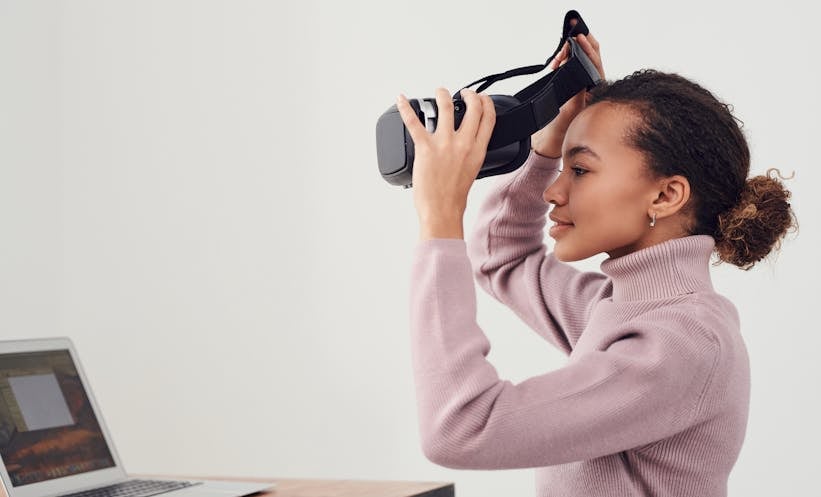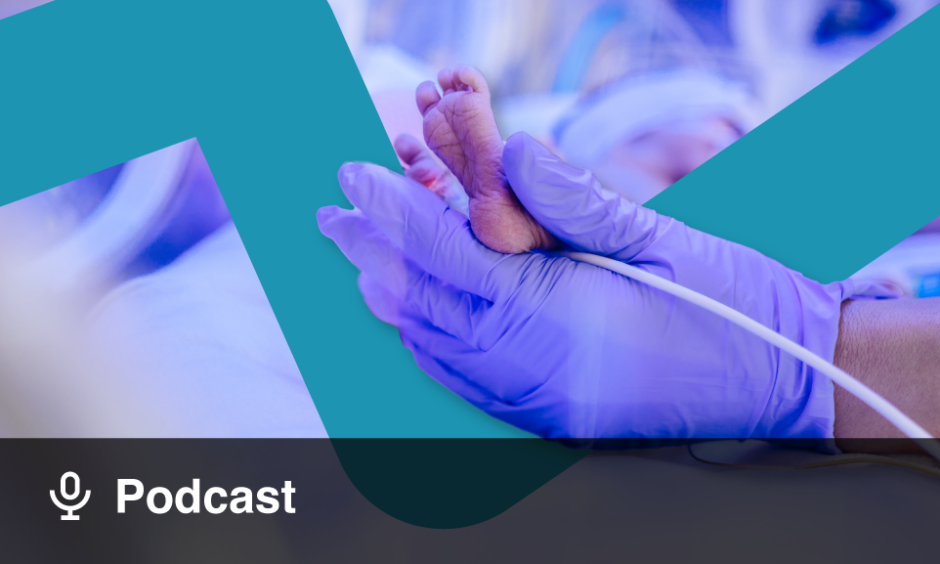VIRTUAL reality (VR)-based training may improve the ability of paediatric nurses to recognise respiratory distress and impending respiratory failure, according to recent research. New nurses showed improved results when being trained using VR versus the usual orientation.
The study, carried out by Matthew Zackoff, University of Cincinnati College of Medicine, Ohio, USA, and team, involved an analysis of 168 new nurses (54.2% aged 20–24 years; 88.7% female; 89.3% White), to understand whether the standard orientation training programme plus VR-based training allowed nurses to recognise respiratory distress better, compared to the standard training programme alone. Of the group, 83 nurses were exposed to VR, while 85 nurses made up a control group, training with the standard curriculum only. Results were evaluated at 3 months, and again at 6 months after receiving the training.
Zackoff and colleagues observed significantly more frequent correct recognition of impending respiratory failure amongst the VR-trained nurses compared to the nurses who underwent standard training alone at the 3-month mark (23.4% versus 3%; P<0.001). More nurses in the VR training group correctly assessed impending respiratory failure at the 6-month mark compared to the control group (31.9% versus 2.6%; P<0.001). Additionally, 57.8% of nurses in the VR group were able to correctly identify respiratory distress, while only 29.6% of nurses in the standard training cohort were able to do so. The results at 6 months showed the same trend, with 57.9% of nurses in the VR group correctly identifying respiratory distress in paediatric patients compared to 17.8% of the control group.
Additional advantages, such as improved ability to recognise altered mental status amongst patients, were found amongst the VR-trained group. The authors concluded: “This study demonstrated that VR was able to replicate real clinical care, to the degree that participants were able to apply that experience to future clinical scenarios.” Previous studies have proven the value of learning through experience, and this research suggests that if institutions are willing to invest in VR, this could be the future of gaining clinical experience.








